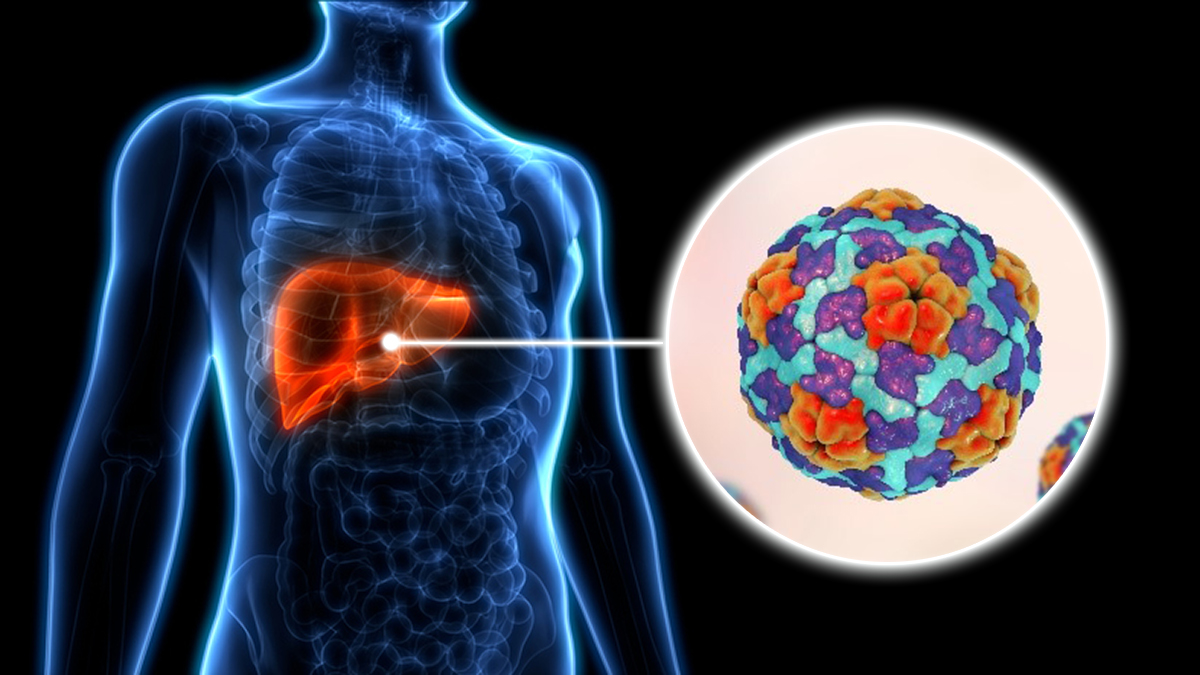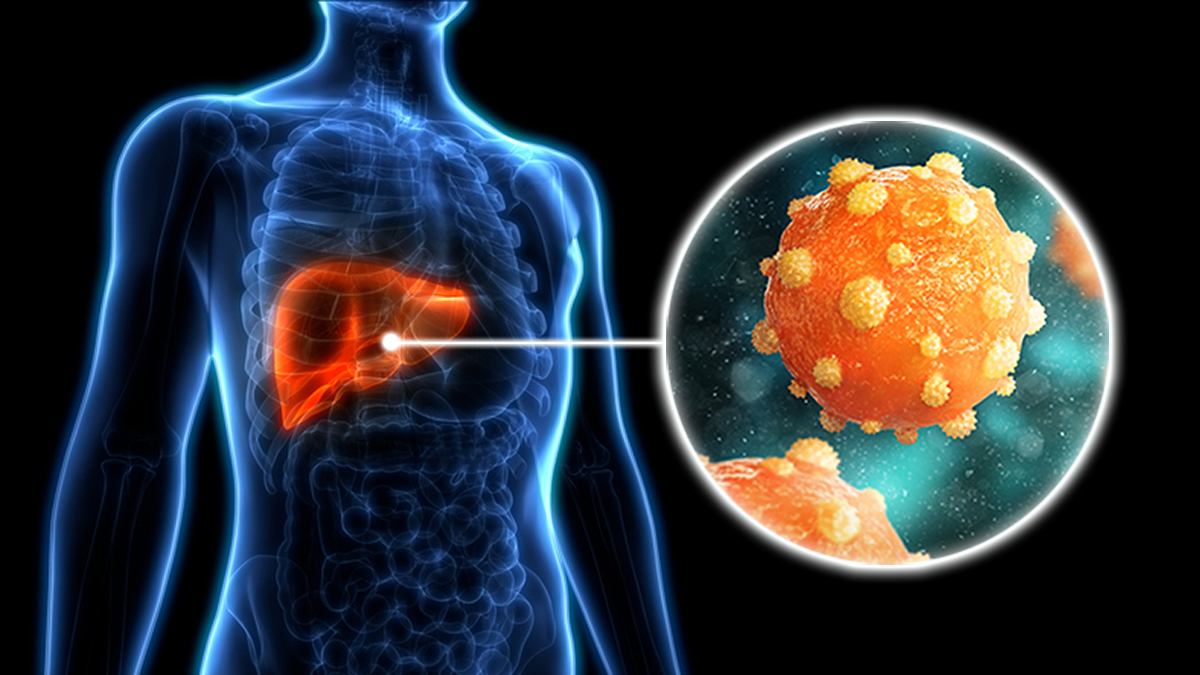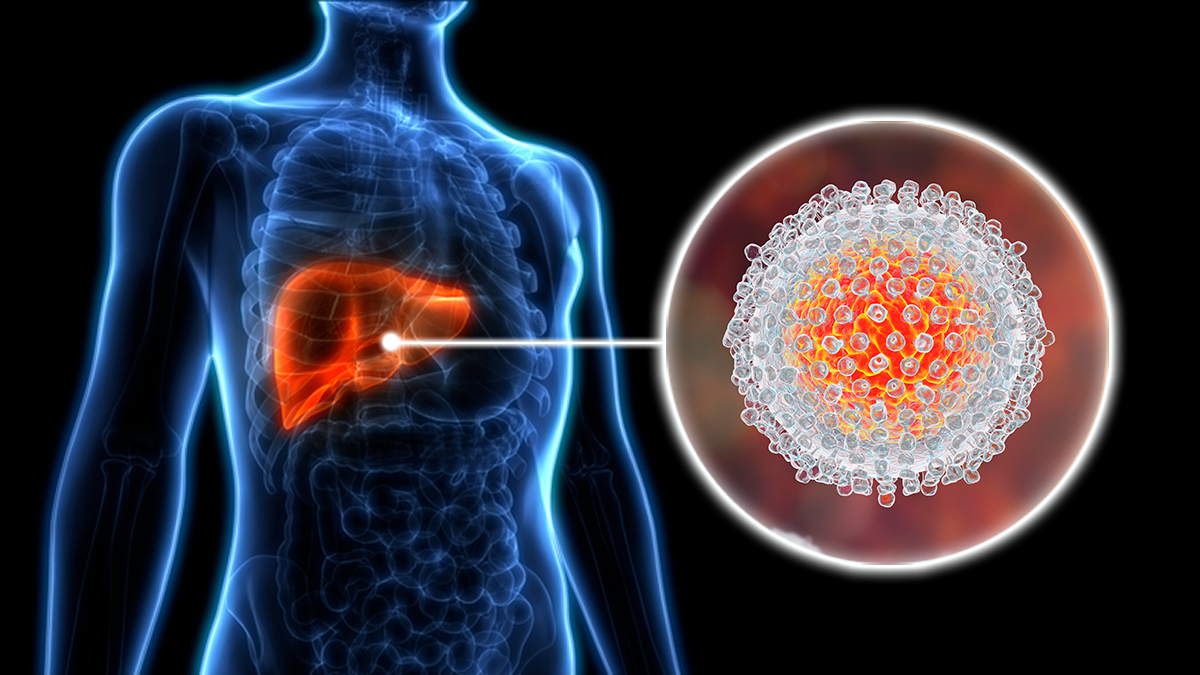What is Viral Hepatitis?
Hepatitis is an inflammation of the liver. The condition can be self-limiting or can progress to fibrosis (scarring), cirrhosis, or liver cancer. Hepatitis viruses are the most common cause of hepatitis in the world but other infections, toxic substances (e.g. alcohol, certain drugs), and autoimmune diseases can also cause hepatitis. There are 5 main hepatitis viruses, referred to as types A, B, C, D and E. These 5 types are of greatest concern because of the burden of illness and death they cause and the potential for outbreaks and epidemic spread. In particular, types B and C lead to chronic disease in hundreds of millions of people and, together, are the most common cause of liver cirrhosis and cancer.
What are the symptoms of viral hepatitis?
Many people with hepatitis do not have symptoms and do not know they are infected. If symptoms occur with an acute infection, they can appear anytime from 2 weeks to 6 months after exposure. Symptoms of acute hepatitis can include fever, fatigue, loss of appetite, nausea, vomiting, abdominal pain, dark urine, light-colored stools, joint pain, and jaundice. Symptoms of chronic viral hepatitis can take decades to develop.
How is it spread?
Hepatitis A virus is spread when someone ingests the virus (even in microscopic amounts too small to see) through close, personal contact with an infected person, or through eating contaminated food or drink.
Hepatitis B is primarily spread when blood, semen, or certain other body fluids – even in microscopic amounts – from a person infected with the hepatitis B virus enters the body of someone who is not infected. Learn more about Hepatitis B.
Hepatitis C is spread when blood from a person infected with the hepatitis C virus – even in microscopic amounts – enters the body of someone who is not infected. The hepatitis C virus can also be transmitted by: needles and syringes, blood transfusions, poor infection control, etc. Learn more about Hepatitis C.




